|
LISTEN TO THIS THE AFRICANA VOICE ARTICLE NOW
Getting your Trinity Audio player ready...
|
The Standard Gauge Railway (SGR) Monday reported a revenue increase of Ksh.220 million from January to March 2024, despite a significant drop in the number of passengers using the service, according to the latest data from the Kenya National Bureau of Statistics (KNBS).
The 2024 Leading Economic Indicators Report reveals that passenger revenue rose from Ksh.660 million in the first quarter of 2023 to Ksh.880 million in the same period in 2024. This revenue boost follows the introduction of new fare prices for SGR passengers, effective January 1, 2024.
Under the revised fare structure, passengers traveling from Nairobi to Mombasa now pay an additional Ksh.500 for economy class, while first-class passengers pay Ksh.4,500, up from Ksh.3,000. Kenya Railways attributed the fare increase to rising fuel prices, which have impacted operational costs.
Despite the revenue increase, the number of passengers using the SGR train dropped by 65,833 during the first quarter of 2024. This decline highlights the impact of higher fares on passengers already grappling with a high cost of living. In February 2024, social media was abuzz with images of empty SGR trains, suggesting an economic downturn as passengers opted for alternative transportation. Kenya Railways, however, dismissed these images and assured the public of normal service operations.
The SGR train, with a capacity of 1,260 passengers and a luggage carrier that can hold 70 tonnes, saw a drop in passenger numbers from 192,376 in January to 158,652 in February. The number increased to 180,645 in March 2024. In contrast, 2023 saw an average of 227,352 passengers per month, with February recording the lowest figures at 163,016. Peak months were December (304,605), January (247,011), and April (239,685).
In 2023, SGR collected a total passenger revenue of Ksh.2.9 billion and has so far collected Ksh.880 million in 2024. To enhance service delivery, Kenya Railways Managing Director Phillip Mainga announced plans to add 19 coaches, including four business class, three first class, and 12 economy class coaches. “These additional coaches will support the high demand for Madaraka Express Passenger Services,” Mainga stated during the flagging-off ceremony of 430 new freight wagons in March 2024.
The government plans to spend over Ksh.100 billion between July 2023 and July 2026 to revamp the railway line, including purchasing additional locomotives and freight wagons at a cost of Ksh.11.9 billion, as outlined by the National Treasury. This is part of the initiative to extend the SGR from Naivasha to Malaba, and further to Kampala in Uganda and the Democratic Republic of Congo (DRC), to bolster trade among these nations.
In a meeting at State House, Nairobi, on May 16, 2024, President William Ruto and Ugandan President Yoweri Museveni directed their ministers to mobilize funds for the project. “The meeting emphasized the importance of extending the SGR from Naivasha to Malaba and all the way to Kampala and DRC as an efficient and sustainable infrastructure for the transportation of goods,” President Ruto stated during the press briefing.
Currently, SGR services include the Inter-County train, departing at 8:00 am, the Afternoon Express at 3:00 pm, and the Night Express at 10:00 pm. The Inter-County train traverses six counties: Kilifi, Kwale, Taita Taveta, Makueni, Machakos, and Kajiado.
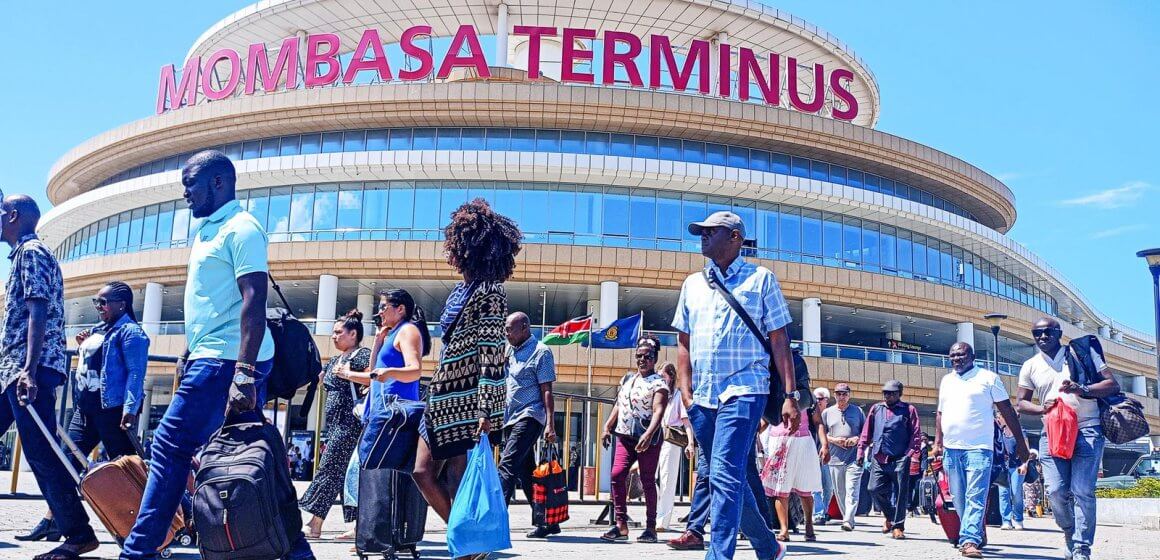




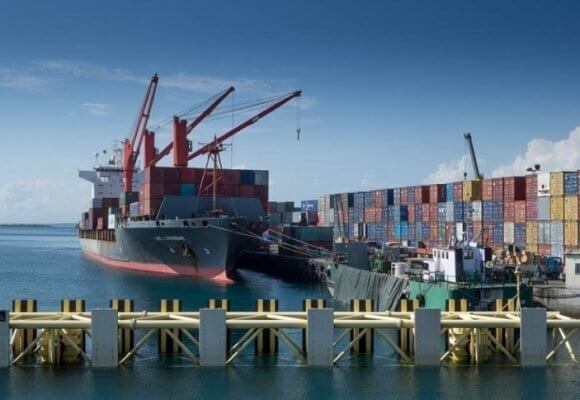
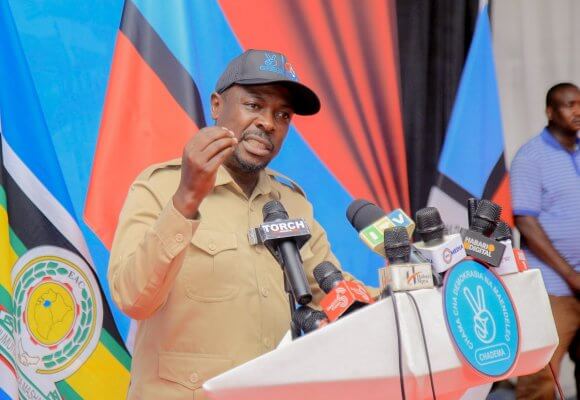
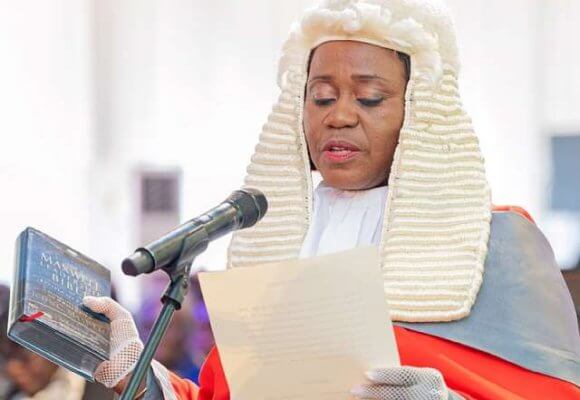
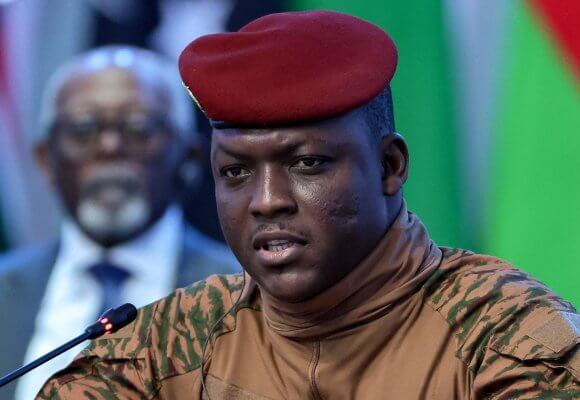


LEAVE A COMMENT
You must be logged in to post a comment.